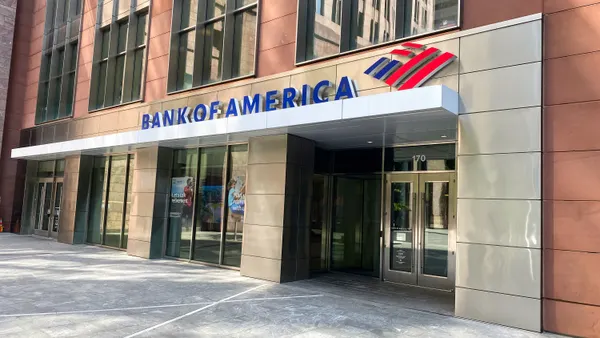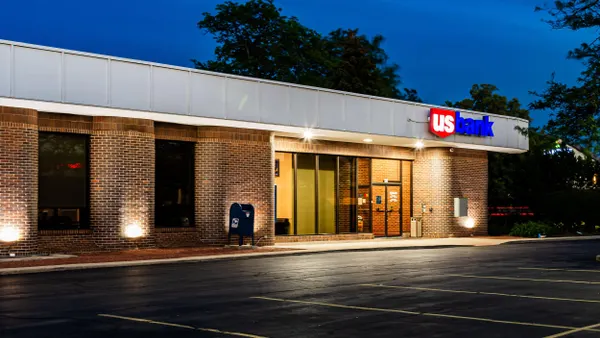Carver Savings Bank will make changes to its strategic planning and earnings performance following a regulatory agreement that deemed the bank in “troubled condition.”
The New York City-based Black-owned bank entered an agreement with the Office of the Comptroller of the Currency last month that it would submit a three-year strategic plan detailing its overall risk profile, earnings performance, growth, balance sheet mix, off-balance sheet activities, liability structure, capital and liquidity adequacy, and product line development, as well as market segments it intends to promote or develop.
The strategic plan, which is to be submitted by Sept. 30, must include, among other things, the strategic goals and objectives Carver plans to accomplish, key financial indicators, risk tolerances and realistic strategies to improve its overall condition.
It must also include a risk profile that evaluates credit, interest rate, liquidity, price, operational, compliance and strategic risks in relation to capital; and an evaluation of Carver’s internal operations, staffing requirements, board and management information systems, policies, and procedures.
Additionally, the agreement requires Carver to develop and submit an earnings improvement program with measures, policies, and procedures designed to bolster and sustain bank earnings.
The earnings program should include a line-by-line review of non-interest expenses and how those expenses can be better managed, as well as analyses of branch performance, of the bank’s use of technology to generate business and of executive and overall compensation.
“The OCC uses enforcement actions against banks to require the board of directors and management to take timely actions to correct the deficient practices or violations identified,” the OCC wrote in a press release announcing the agreement Wednesday.
In 2023, activist investor Greg Lewis, CEO of Dream Chasers Capital Group, attempted “a hostile takeover” of Carver in hopes of bolstering shareholder value by both recapitalizing the bank and introducing wealth building services to attract new depositors.
Lewis attempted to install two new directors on Carver’s board last year, but his attempts were narrowly thwarted by Carver shareholders, who instead voted at the bank’s annual meeting to reelect two board incumbents.
“Shareholders should welcome the OCC action, but it should never have come to this,” Lewis said in a press release following the OCC agreement.
“The Carver Board and management team have overseen losses and poor performance for far too long. This is vindication of everything we have pointed out in recent years and a net positive for shareholders if the Board makes substantive changes,” Lewis said. “As one of the largest African American banks in the country there is no limit to how high this bank could rise, which would deliver massive upside and shareholder value.”
Carver did not immediately respond to a request for comment.











